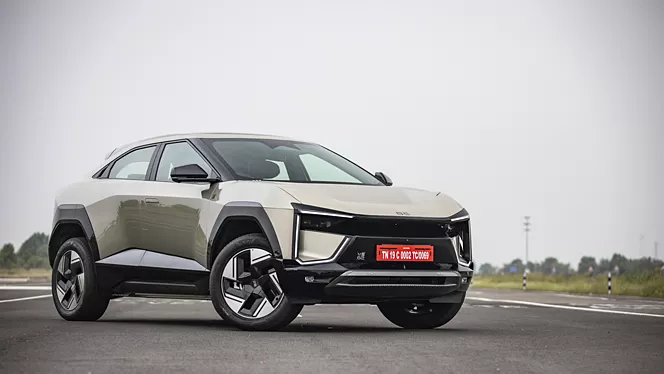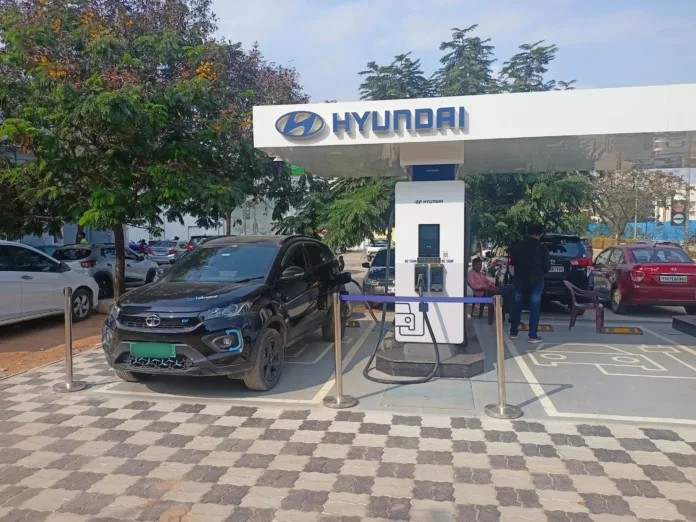India’s automotive landscape is undergoing a remarkable transformation, driven by an unprecedented electric vehicle (EV) revolution that promises to reshape the industry’s economic and employment horizons. From government initiatives to technological innovations, the sector is charging ahead with remarkable momentum.
Key Highlights of India’s Electric Vehicle Surge
Government Initiatives Accelerating EV Adoption
The Indian government has been instrumental in propelling the EV ecosystem forward through strategic policies:
- FAME II Scheme: Launched in April 2019, this initiative has been a game-changer in promoting electric and hybrid vehicle adoption.The government has implemented significant measures, including:
- Reducing EV import duties from 100% to 15% for vehicles priced over US$35,000
- Extending customs duty exemptions for EV battery production equipment
- Production Linked Incentive (PLI) Scheme:
- Aims to boost domestic manufacturing of advanced automotive technologies
- Attracts investments in the EV sector

Job Market Transformation
The EV industry is set to create a massive employment ecosystem:
- Projected Jobs by 2030:
- 5 million direct jobs
- 30 million indirect jobs
Emerging Job Profiles
- UI/UX Engineers
- Embedded Electronics Specialists
- EV Software Managers
- Battery Management System Experts
- Cloud Computing and Data Analytics Professionals
Regional Growth Dynamics
According to a GlobalData report:
- 24.7% of cities expected to experience strong automotive sector growth
- 49.5% anticipated to see moderate growth
- Key growth cities: Mumbai, Hyderabad, and Pune
Madhuchhanda Palit, Automotive Analyst at GlobalData, emphasizes that “regional dynamics greatly influence the trajectory of the market”.
Market Projections
EV Market Outlook:
- Current EV market: 2.5% of total car sales
- Projected passenger EV production in 2025: 301,400 units (140.2% year-over-year increase)
- Expected total electric passenger vehicle production by 2030: 1.33 million units (approximately 20% of total passenger vehicle production)
Challenges and Opportunities
- Infrastructure Development
- Expanding charging network
- Reducing range anxiety
- Localizing EV component manufacturing
- Skill Development
- Upskilling workforce
- Collaborations between industry and educational institutions
Conclusion
India’s automotive industry stands at the cusp of a revolutionary transformation. With supportive government policies, technological innovations, and a robust job market, the electric vehicle sector is not just a trend but a sustainable future.
Also read- Looking for an EV Under Rs. 15 Lakhs? Here Are the Top 5 Picks


